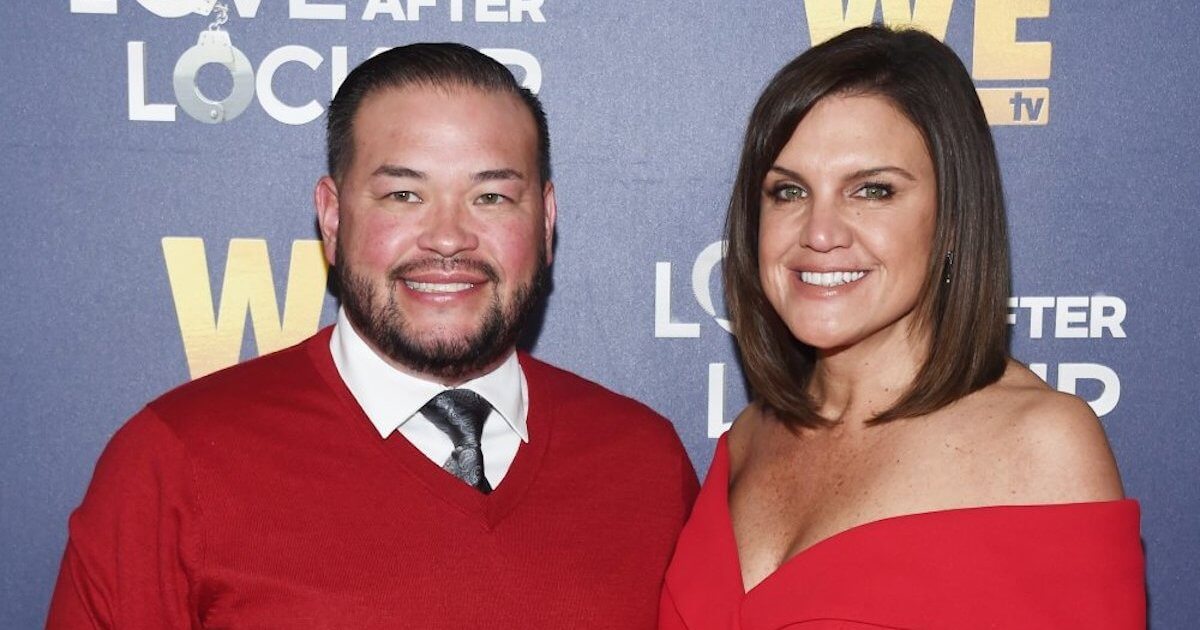Support & Love
- As speculations surface about Jon & Kate Plus 8 star Jon Gosselin splitting up with Colleen Donahue, who is battling breast cancer, Donahue is speaking up about the importance of a support system.
- One of the main steps in one’s cancer journey is learning how to cope with overwhelming emotions and to find a solid support system to lean on.
- Experts have told SurvivorNet that going through cancer while feeling supported can actually make people feel even more grateful for things they may have taken advantage of in the past.
A few days ago, Donahue shared her experience of being diagnosed with stage 2 breast cancer in April. According to Donahue, she had delayed getting her mammogram for nearly three years due to COVID-19 and a "lack of time." In July, Donahue went through a mastectomy on her right breast for treatment and then breast reconstruction. Fortunately, the cancer had not spread to her lymph nodes and she was downgraded to stage 1 breast cancer. She’ll need to go through one final surgery in two months and is currently waiting to see if she'll need to go through chemotherapy.
Read MoreWhen it comes to pushing through cancer, a support system is a key resource. However, in order to fully accept and give support, it’s important to cope with the roller coaster of emotions you may be facing. In addition to treatment, prioritizing your mental health can be a game-changer in a cancer battle.
Dr. Connie Lehman breaks down breast cancer screening guidelines
Coping With Emotions During Cancer
A cancer diagnosis can often result in a number of overwhelming emotions, such as sadness, anger, anxiety, and grief. Donahue expressed shame in her Instagram post noting: “That was the first time I broke down and cried. I had not been doing monthly self-breast exams like I should have.” These emotions are expected, and absolutely common. However, one of the main steps in one’s cancer journey is learning how to cope with those emotions and find a solid support system to lean on. One emotion in particular can be a difficult one to accept, and that’s vulnerability.
By being vulnerable and open about what you’re going through, helps eliminate any shame or fear you may feel after receiving the news. Furthermore, embracing vulnerability can help ease any doubt a person may experience as they go through treatment, such as fearing their bodies won’t be strong enough. By embracing these emotions, it allows you to realize everyone is imperfect, which helps you connect with others in a different way.
Related: Learn to Forgive Yourself Dealing With the Psychological Aspects of Cancer
“Shame comes from this sense of vulnerability, right? There’s something wrong with me because I’m human and I’m susceptible to illness, and now I have an illness. Now I have cancer,” Dr. William Breitbart, chief of the psychiatry service at Memorial Sloan Kettering Cancer Center, previously told SurvivorNet. “What I will often point out to people is that we have the ability to choose how we respond to this vulnerability. We can be ashamed of it or we can use it to create a sense of empathy.”
Finding Gratitude In Support
One thing that’s critical for those fighting cancer is the feeling that they are being supported and loved during this difficult experience. Experts have told SurvivorNet that going through cancer while feeling supported can actually make people feel even more gratitude for things they may have taken advantage of in the past. This gratitude can be towards loved ones, special memories, or milestones they hope to achieve after treatment.
Related: Patients Do Better When They are Less Stressed
“The patients who do well with cancer live life with that kind of gratitude, but in terms of everything,” Dr. Zuri Murrell, director of the Cedars-Sinai Colorectal Cancer Center, previously told SurvivorNet. “They’re grateful, not for cancer, but they’re grateful for an opportunity to know that life is finite, but they live life like ‘I love you’ to their husband, to their wife, to their kids, knowing that they appreciate it for one of the first times ever because they know it may not be forever that they get to do this.”
Dr. Zuri Murrell explains how support during cancer can make patients more grateful
Learn more about SurvivorNet's rigorous medical review process.

